Circular agriculture is identified by the province as a key solution in the green agricultural development strategy, in which agricultural by-products are effectively reused. Accordingly, livestock waste and crop by-products are treated and reused, forming a closed loop in production.
In Vinh Tuong and Lap Thach districts, many VAC (garden - pond - barn) models have been effectively implemented. Livestock waste is treated to make bio-fertilizer for crops; straw is used as feed for cattle or as a substrate for growing mushrooms, contributing to environmental protection, helping to reduce 20 - 30% of production costs, while household income increases by 10 - 15%.
To develop sustainable circular agriculture, the province has supported the construction of pilot models and technical training for farmers; focused on building a chain of links between people, cooperatives, and businesses; promoted connections between farmers, businesses, scientists , and distributors to form sustainable circular agricultural value chains. Qualified products are included in the OCOP system, supporting consumption through e-commerce platforms and supermarkets, thereby increasing value and income for producers.
One of the key factors in developing circular agriculture is the application of science and technology. The province encourages businesses, cooperatives and farmers to invest in biotechnology, waste treatment technology and smart farming systems. Some cooperatives and farms have applied organic production processes, linking the chain from production to consumption, with initial positive results.
Tan Phong Agricultural Service Cooperative (Binh Xuyen), for many years now, nearly 150 households in the Cooperative have joined together to implement an organic, circular rice growing model to reduce emissions.
Farmers apply microbiological technology, process livestock waste into organic fertilizer, and process straw in the fields to create a circular agricultural economic chain. According to calculations, after deducting costs for each sao of rice (360m2), farmers earn nearly 700 thousand VND in profit, along with obvious health and environmental benefits.
Mr. Nguyen Hoang Duong, Director of the Provincial Agricultural Extension Center, said that in recent years, the province has had many policies and guidelines to concretize and encourage agricultural production in the direction of circularity, closed processes, waste and by-products of this process are inputs for other production processes through the application of technical advances and biotechnology.
Currently, the province has replicated many biosafety livestock models and circular economy in the communes of Minh Quang (Tam Dao); Tam Hong town (Yen Lac), Dao Duc town (Binh Xuyen)... A typical model of pig farming combined with organic farming implemented in Tam Hong town (Yen Lac) has saved nearly 1,400 liters of water/pig, waste is treated with biological products to create a source of organic fertilizer for crops to provide food for pigs, creating a cycle in production.
Circular agriculture is not only an inevitable direction to protect the environment but also the key to improving the value of agricultural products and the quality of life for rural people. In the coming time, the province will continue to transform from production thinking to agricultural economic thinking; provide technical training for farmers on waste treatment and natural farming; support businesses and cooperatives to invest in by-product processing technology; develop markets for organic products, connect with domestic and export agricultural supply chains; prioritize loans and land for closed agricultural production models and resource reuse.
By 2030, the province strives to have 80% of farms and 50% of agricultural cooperatives have access to management processes, reuse of by-products, and waste treatment technologies, contributing to increasing added value in the agricultural product chain.
Article and photos: Nguyen Huong
Source: http://baovinhphuc.com.vn/Multimedia/Images/Id/129955/Thuc-day-phat-trien-nong-nghiep-tuan-hoan


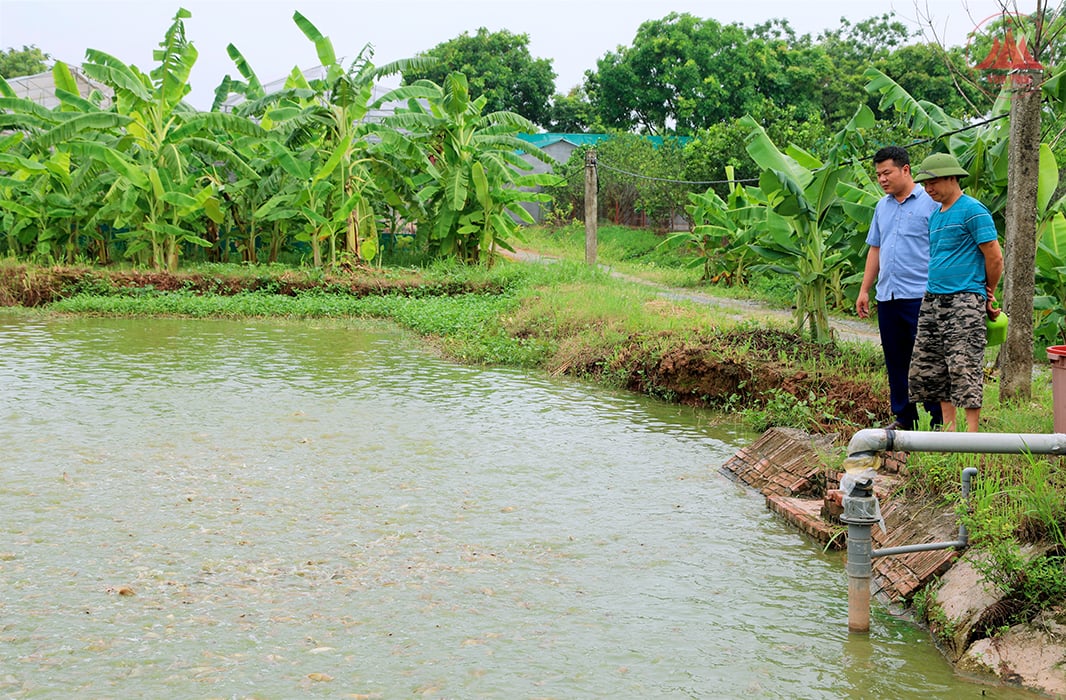






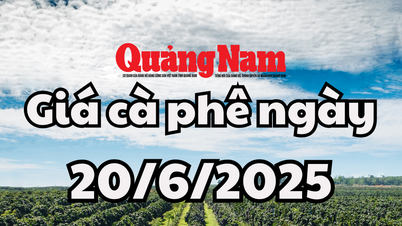

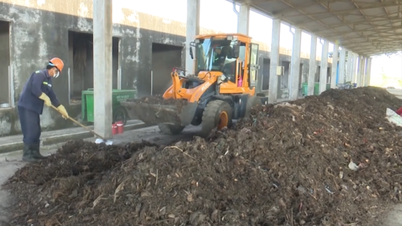

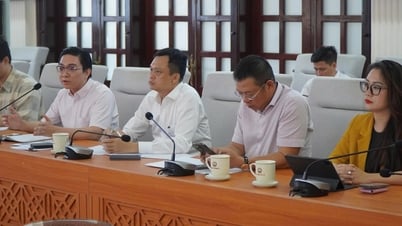



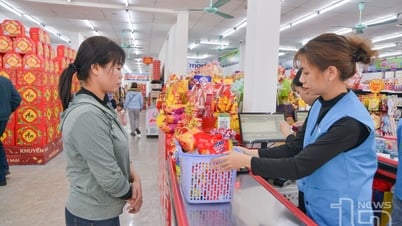

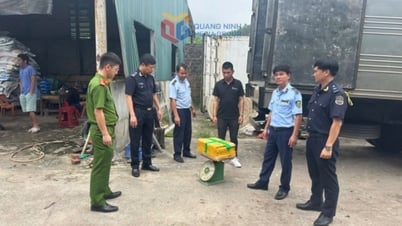






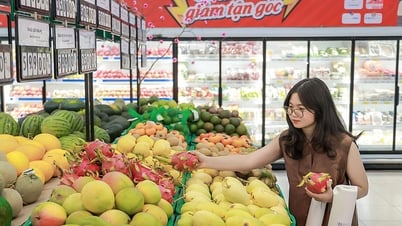
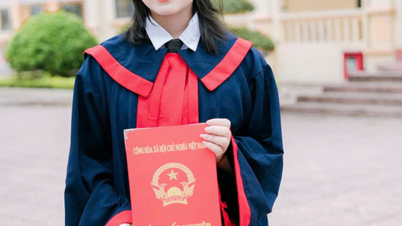
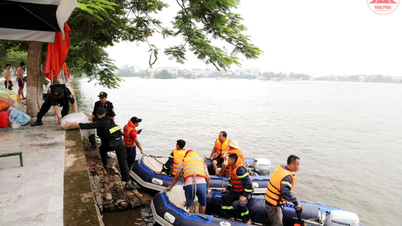
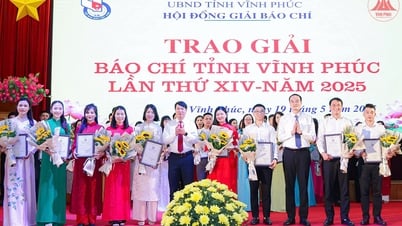
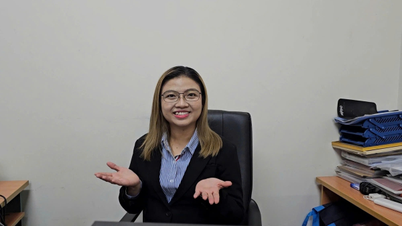






















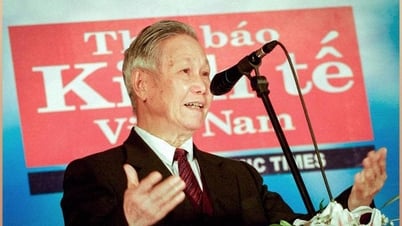





















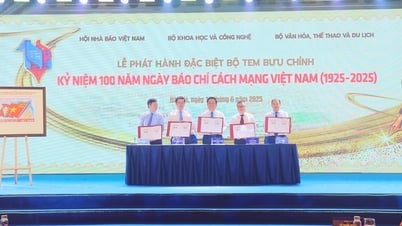

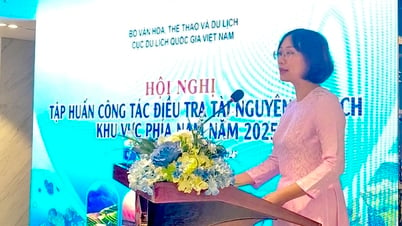
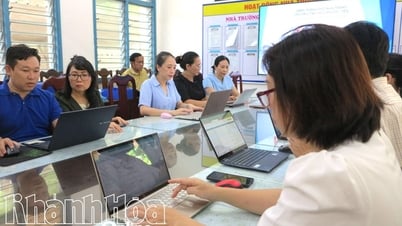



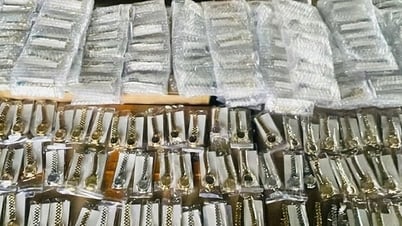

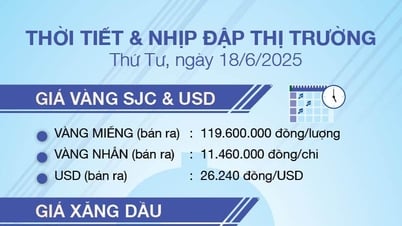

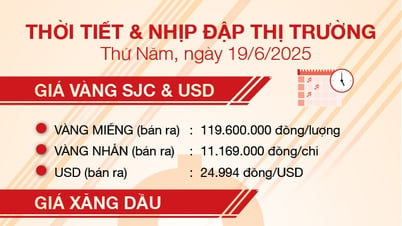







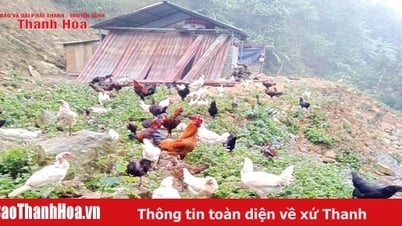


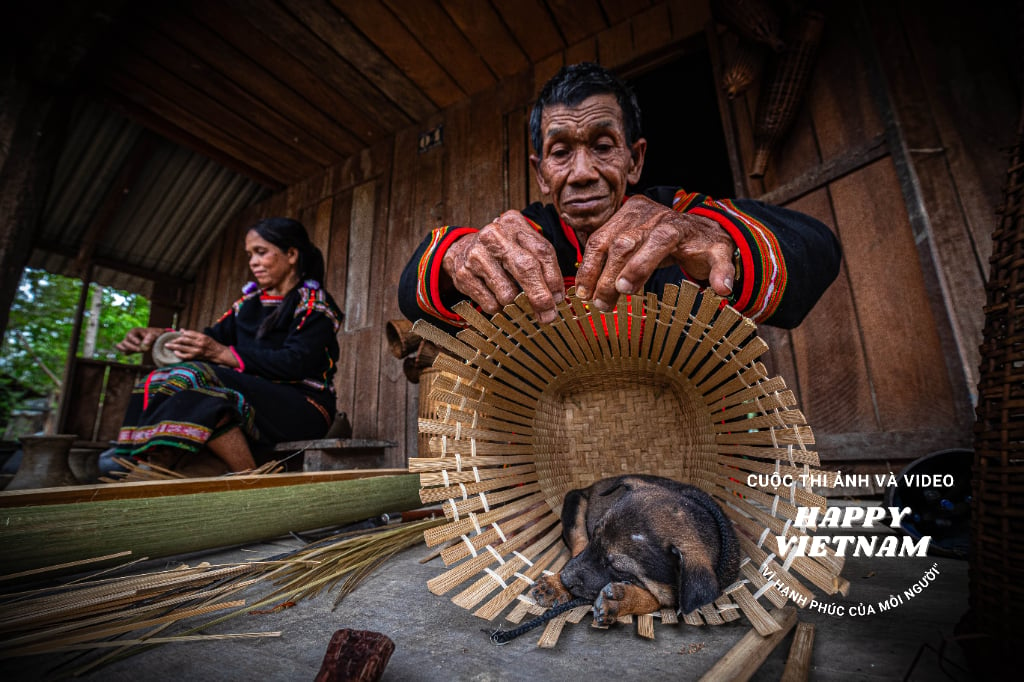
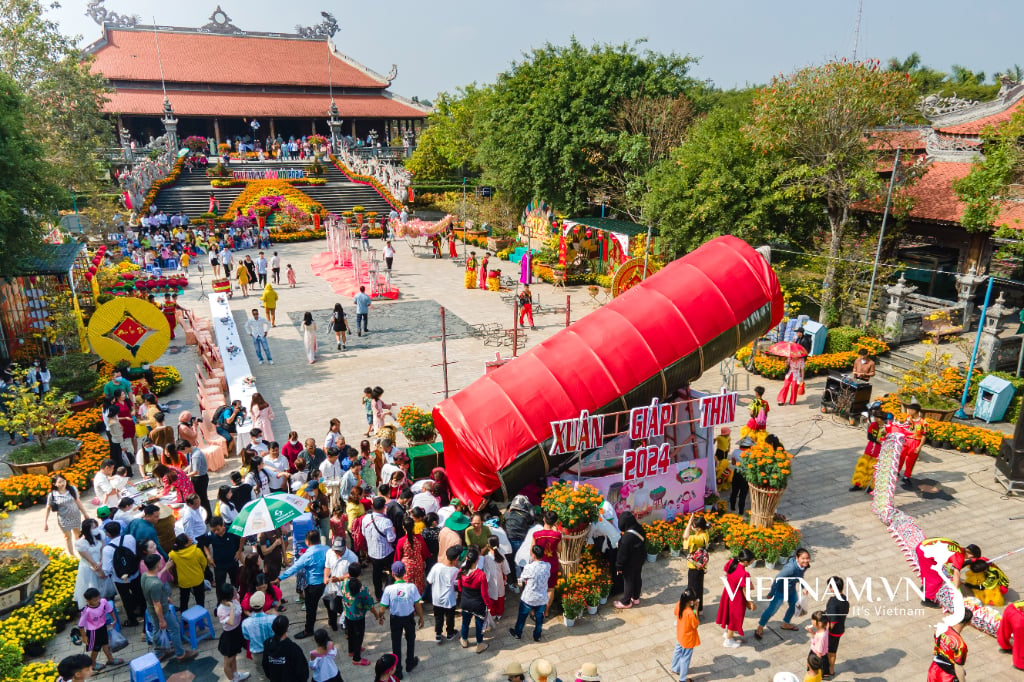
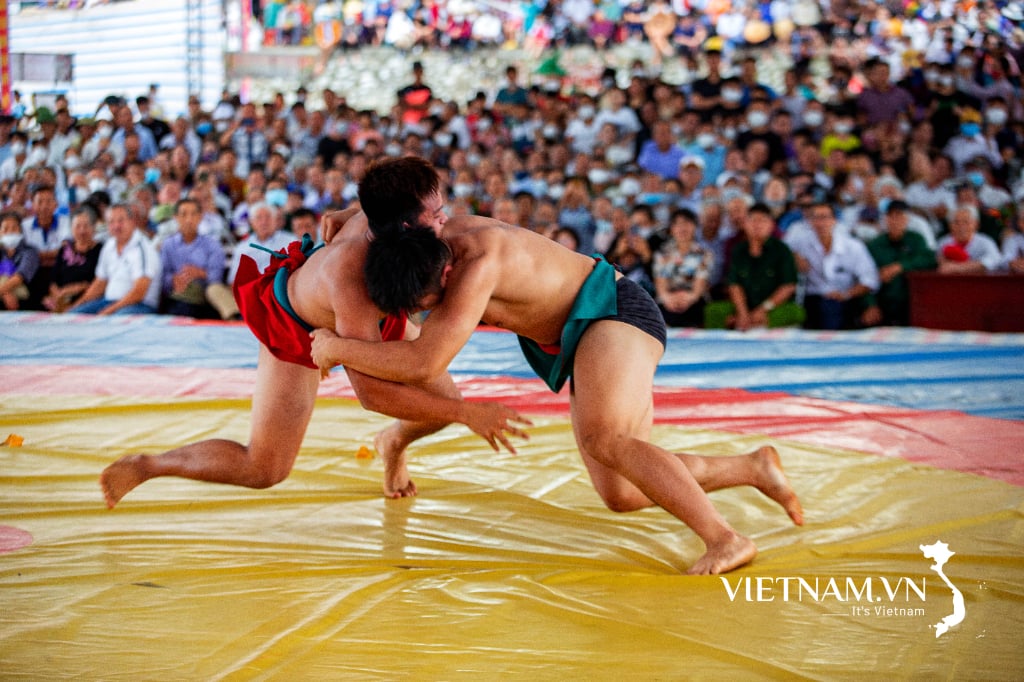

Comment (0)